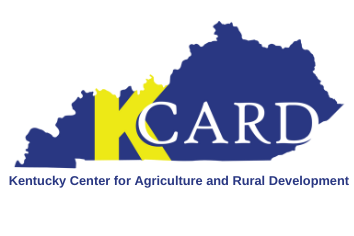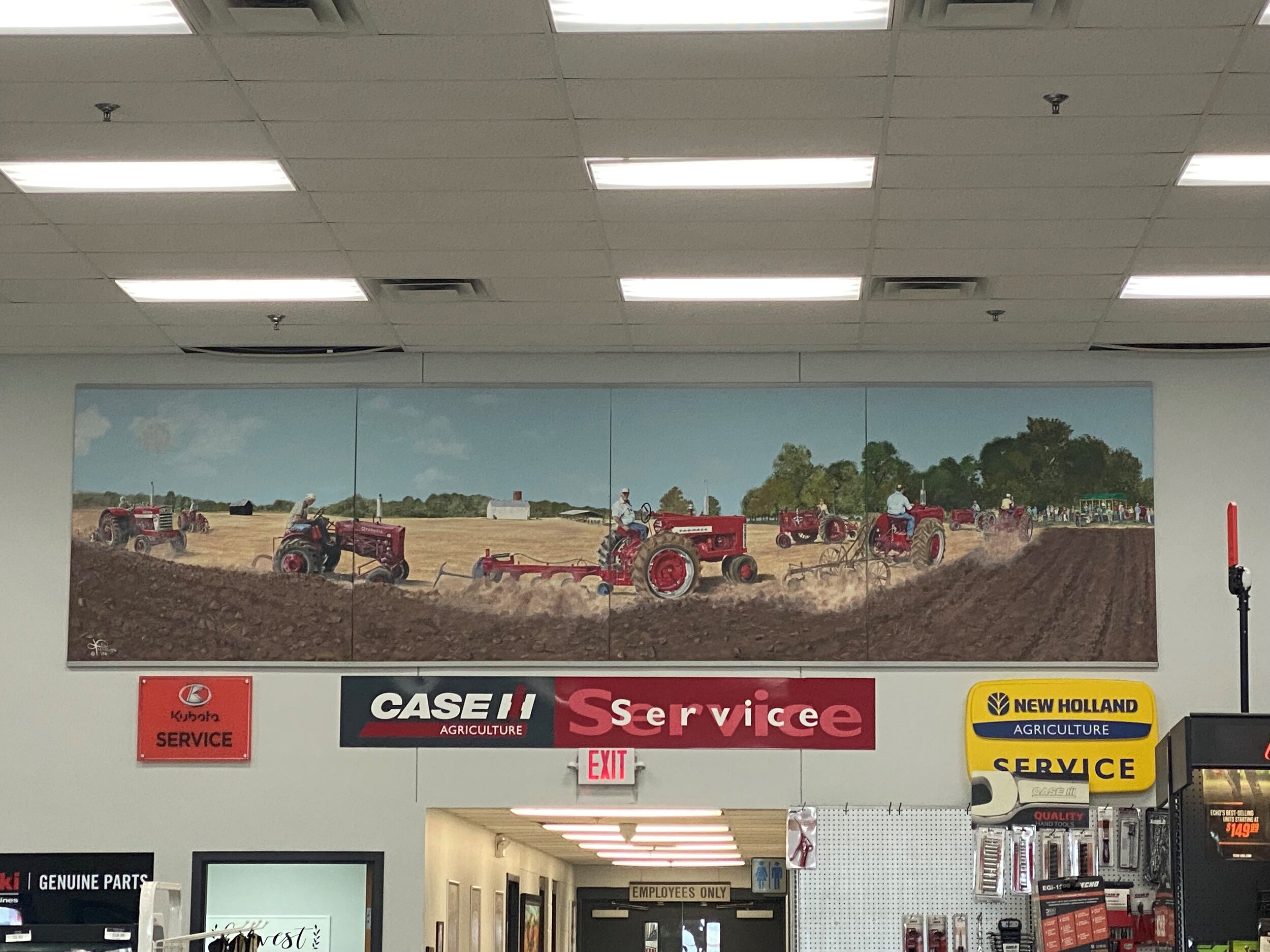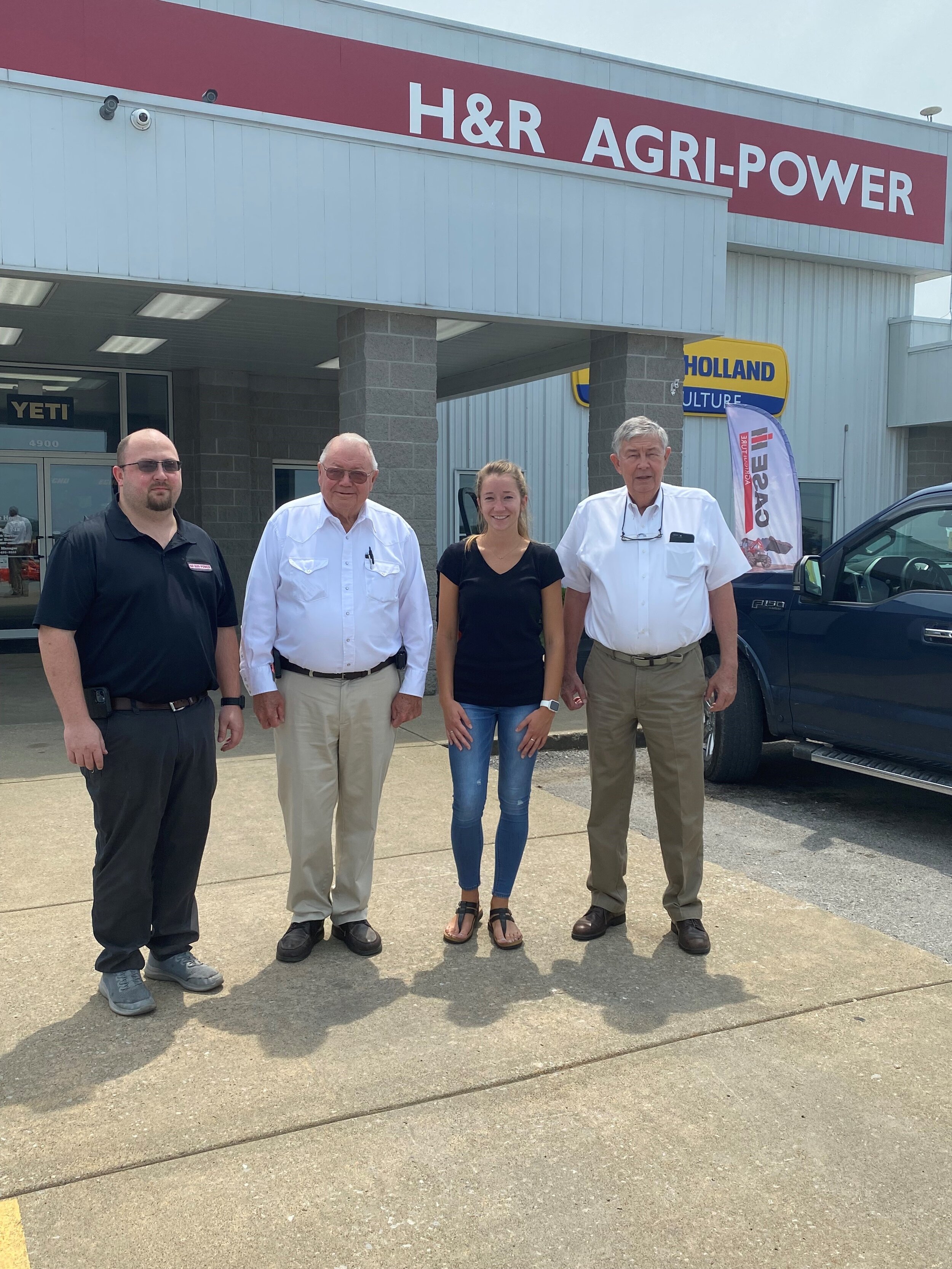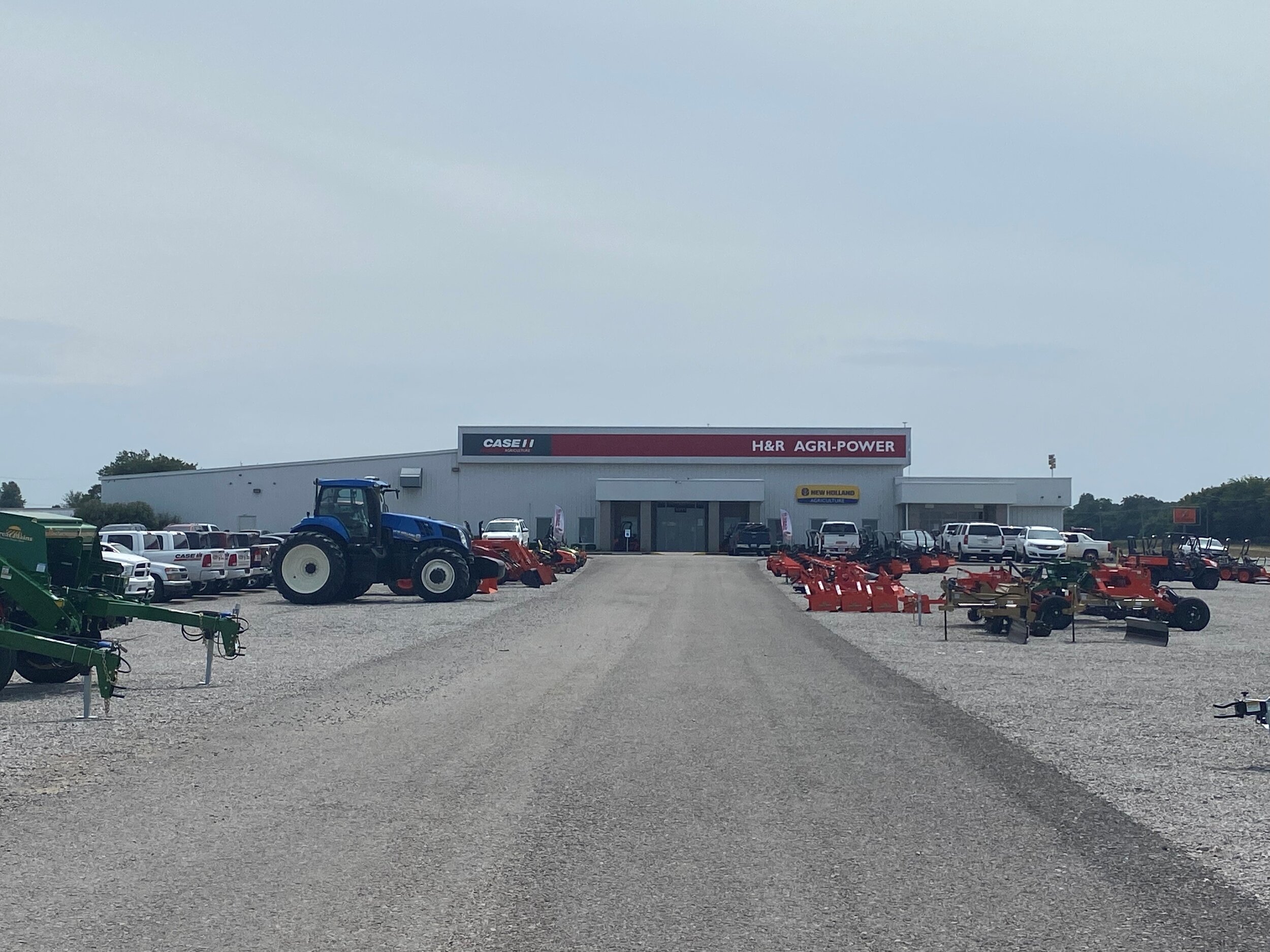“It’s hard to make decisions when you are funding dreams. That’s what we do.” Wayne Hunt has been helping fund dreams through his service on the Kentucky Agriculture Development Board since its inception in July of 2000. Through his service on this board and his work to spread the word about the benefits of producer-owned cooperatives, Wayne has gotten to know the work of the Kentucky Center for Agriculture and Rural Development (KCARD) well. Recently, Mattea Mitchell from KCARD sat down to talk with Wayne about the KADB and its history aligning with KCARD’s own 20-year history.
As the only member of the Kentucky Agricultural Development Board who also sits on the Kentucky Agriculture Finance Corporation, Wayne sits at a key intersection for agricultural investment in the Commonwealth. But he didn’t arrive there overnight. After graduating high school, Wayne worked night shifts in a factory and worked his days on the farm starting out with just twenty acres. Wayne later worked six years for W.R. Grace chemical company which led him to later developing an agriculture input supply business, known as Agri-Chem LLC., in 1976. In 2012, Wayne and the employees of Agri-Chem sold their shares of the business to Hopkinsville Elevator Co. Inc., a farmer-owned cooperative based out of Christian County, but serving a large region of the state’s grain producers. Over the years, Wayne continued row crop farming, served on various councils across the state, and established a successful equipment dealership known as H&R Agri-Power that now employees 525 people across six states.
KCARD is one of the Kentucky organizations partially funded through the Kentucky Agriculture Development Fund. What once started out as a cooperative development center later transitioned into an agriculture business and cooperative development organization. With the backing from KADB, KCARD has been given the opportunity to work alongside farmers and agricultural businesses across the state, and according to Wayne, helps these businesses determine whether they have a chance to make it or not.
“We have to rely on KCARD to tell us whether these businesses are going about it the right way,” said Wayne. “They have to have a plan, and that’s what KCARD helps with. KCARD says ‘Does this business have a chance to succeed?’ KCARD has been a major player throughout the different stages of the Kentucky Agriculture Development Board.”
Later, the Kentucky Agriculture Finance Corporation (KAFC) was launched to provide capital access for diversification and infrastructure projects across the state. As Wayne put it, “What we didn’t want to do is put people in debt who couldn’t handle the debt load. This is where KCARD is a resource, they try to keep that from happening. That is why KCARD is one of the best investments we’ve ever made.”
Wayne Hunt is also a champion of producer-owned agriculture cooperatives. Agri-Chem, the agriculture input business that Wayne started back in 1976 was later sold to Hopkinsville Elevator in 2012, making it a 100% cooperative owned seed and supply service. In 2003, Hopkinsville Elevator invested into Commonwealth Agri-Energy, LLC., a 45,000,000+ gallon/year ethanol plant. . This cooperative serves over 3000 patrons in 62 counties across the state.
“It is no question that if you get a group of farmers together who want the same thing, they can be pretty powerful,” said Wayne. “When you go to the co-op table, you have to take your farmer hat off. You do business at the table.”
In thinking about the future of Kentucky agriculture, Wayne says vertical integration is key. By vertical integrating a business, companies have control over processes. They manage suppliers, distributors, and retailers in order to control their value and supply chain. People need to continue to ask how they can add value to products made in the state of Kentucky. As Wayne notes: “That is one of the greatest opportunities for Kentucky agriculture.”
Wayne had a lot of words of wisdom to offer to others. One of the largest pieces of advice he had was “you have to like what you do”. Many ask when Wayne plans to retire, his response is that he is retired now - he doesn’t have to do anything that he doesn’t like to do. He adds that the biggest crisis he’s had in his life is that all his dreams and more have come true. For someone who started out working night shifts in a factory, and managing twenty acres during the day, Wayne has climbed the ladder of agriculture business.




